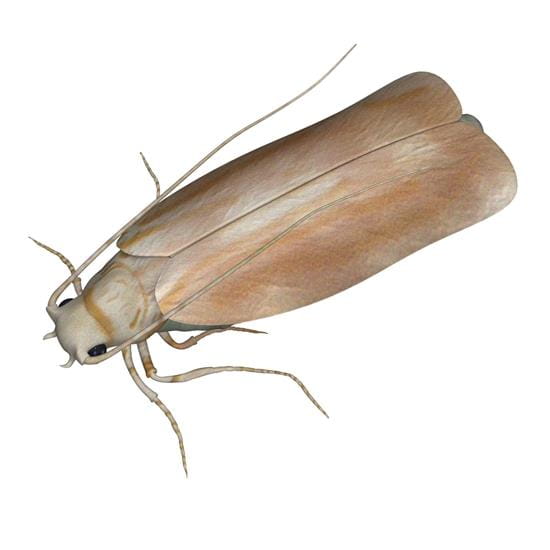There are over 6000 species of fly in the UK of which a small group have the ability to bite, transfer disease and contaminate. These include the House Fly, Blow Fly, Stable Fly, Flesh Fly, Mosquito & Midges. They are found in volume close to accessible food sources – typically fresh or decaying organic matter or stagnating water. Flies are a nuisance and pose a health risk, their control is also subject to strict legislation.
The Cluster Fly and Fruit Fly are more problematic due to their presence in volume which can be more alarming and aggravating than a health risk. Control of flies varies according to species and typically requires more than just the use of insecticide. We have broad experience in delivering effective fly control programmes in domestic in commercial environments in Newbury, Thatcham, Hungerford and the surrounding area. Please call us for an obligation free chat – 01635 250 852


The larvae of moths cause significant collateral damage to furniture, textiles, carpets and stored products. Effective control is achieved by terminating active larvae and breaking the life-cycle. This is completed with thorough application of insecticide although proactive control is a far more efficient and cost effective. The use of hormone traps – particularly in commercial storage environments forms part of an Integrated Pest Management System. We have extensive knowledge in delivering such programmes professionally.
Given the broad number of Fly & Moth species too numerous to detail here, we recommend contacting us, obligation free, to allow identification and best advice – 01635 250 852